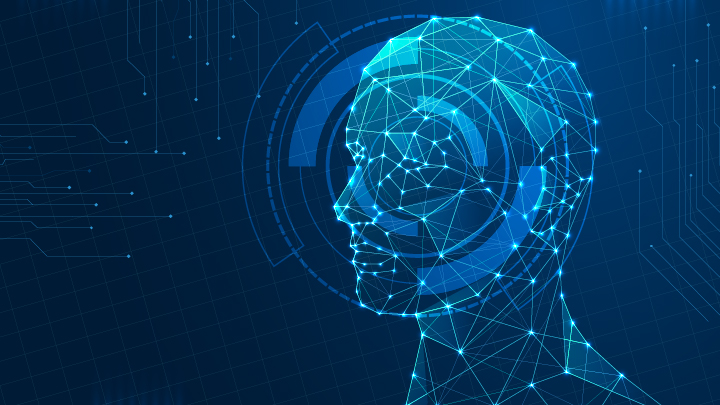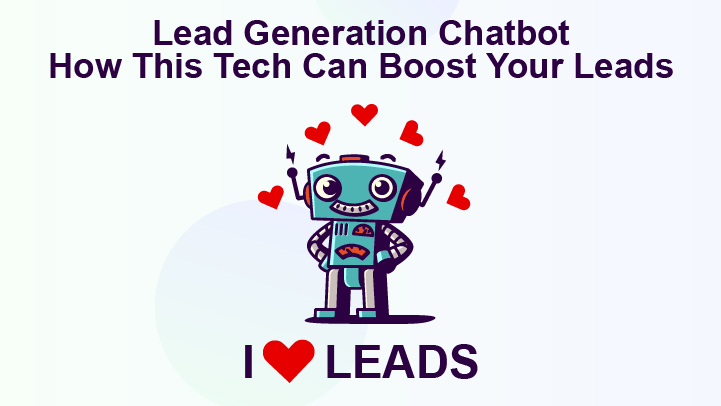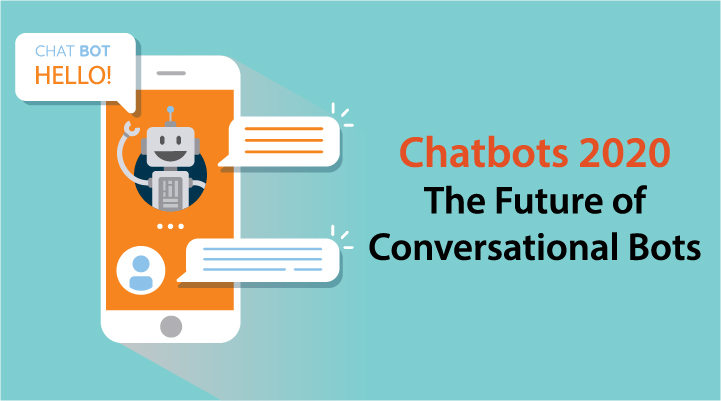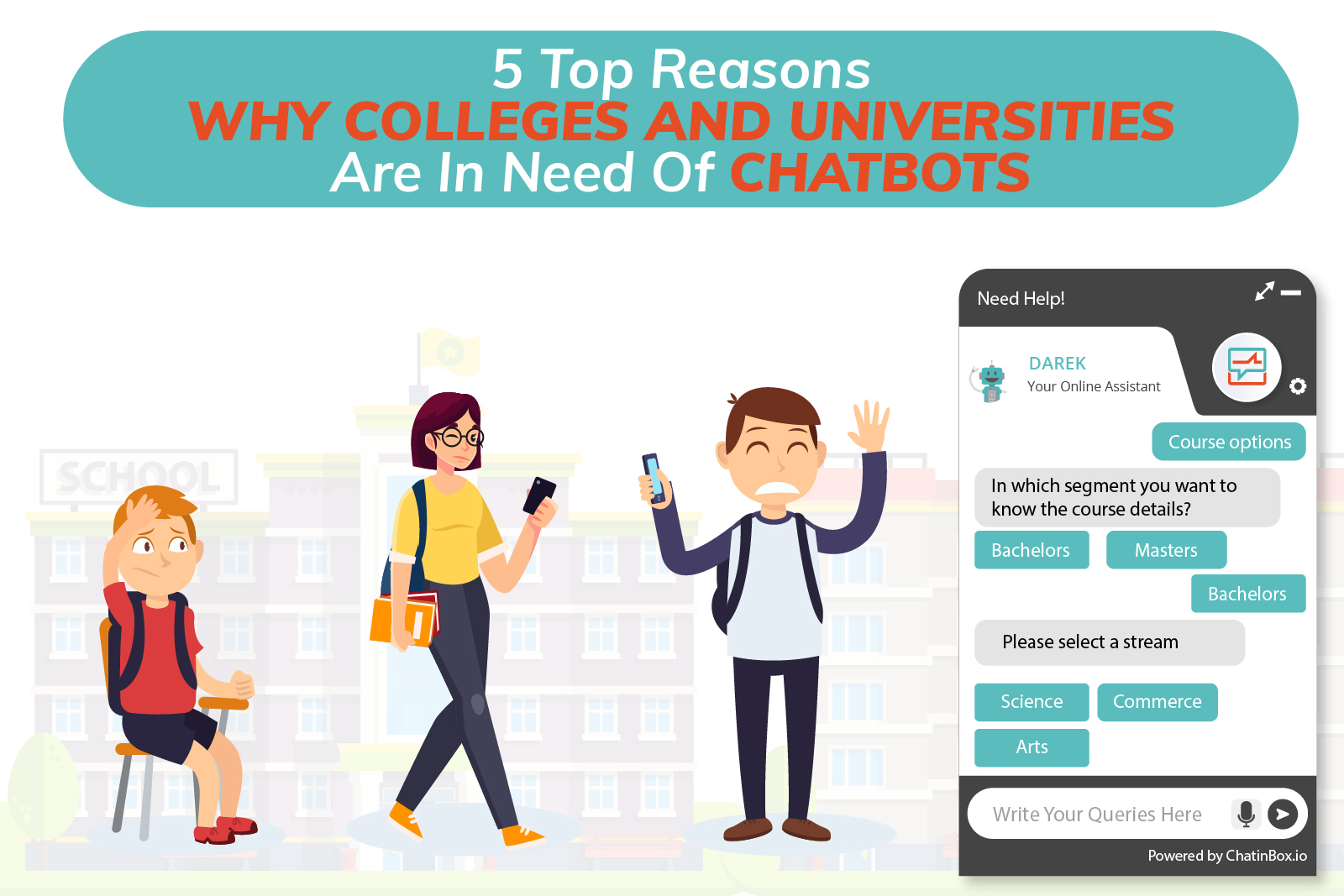“I believe people need to have the right expectations. Chatbots don’t have human-level intelligence yet. But they are very good at automating simple tasks and personalizing the experience for the user”- Eva Dimitrova.
Just remember technology a few years back! Assuming human-like conversations with machines was pretty comic those days. But, today things have changed entirely. While Natural Language Processing (NLP) is not up to the mark but thanks to various machine learning algorithms which are making people confused as to whether they are communicating to a machine or a human. Yes, I am talking about chatbots and its features!
AI chatbots are good for businesses. But what about customers?
Businesses are capitalizing on artificial intelligence and machine learning. AI-powered chatbots are being used increasingly to optimize the customer support department as well as in many internal processes such as training etc. By using the NLP feature, intelligent bots help organizations to understand how people are reacting to their services and marketing strategies.

Now next big confusion is if customers are really interested in communicating with a machine? Well, the answer will always be a big ‘No’ unless they don’t receive efficient, accurate and prompt responses to their queries. But if it is possible, why will they prefer investing time in listening to a 10 minutes long IVR which may or may not connect them to the right person ultimately.
How chatbots can efficiently use NLP?
Aggregation, Augmentation and Real-time Analytics are some key functions of NLP which chatbots must use. Now let’s discuss in detail.
Aggregation – Chatbot is not used for an exclusive conversation between a person and machine rather its functionality must be focused on analyzing each conversation and drawing an insight on how to perform better in the next one.
Augmentation – Chatbots are not responsible for answering all the questions users ask rather they are structured in a way that can respond only to some straightforward questions and payment related queries by accessing the knowledge base of organizations.
Real-Time Analytics – By the use of this concept, chatbots can raise an alert to the support team by transferring the messages of customers in order to give them the control of chat.
A Chatbot acts as a 24/7 Digital Assistant of an Organization
Like you see how ‘Google Assistant’ is always there to help you. Similarly, organizations also ease many internal and customer service related operations using chatbots. The only difference is that chatbots in organizations are specific and they do a dedicated activity specially designed to help company services or products.
Chatbots are good for both – organizations as well as customers. Think about it for your business!
 2760
2760


